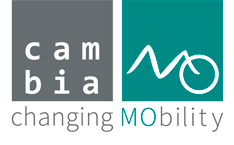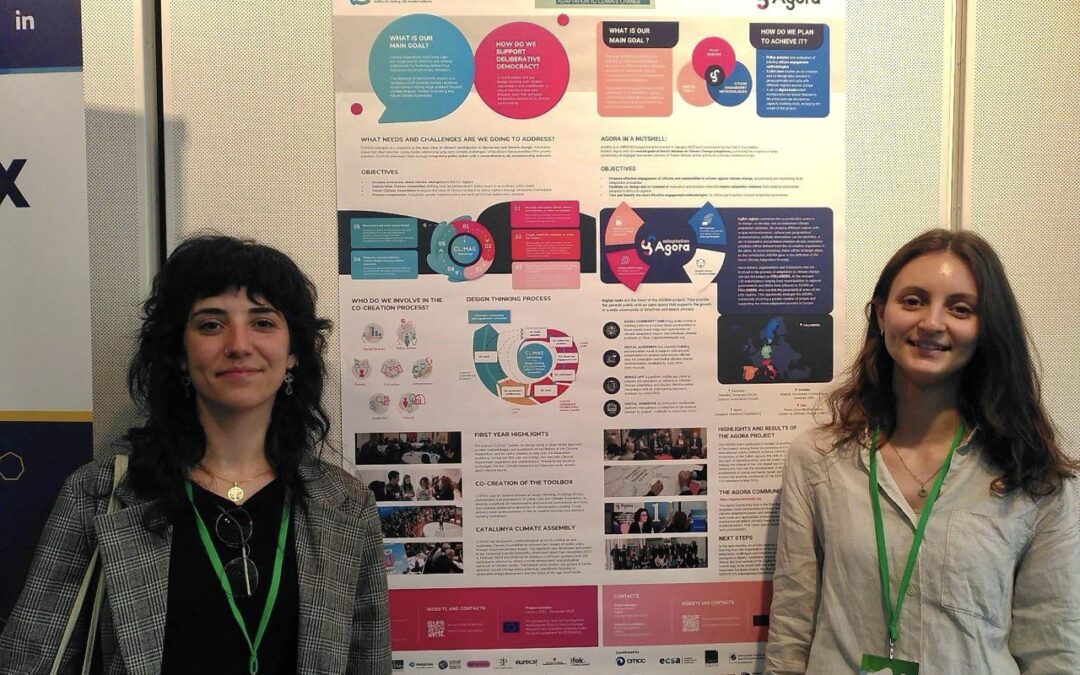In May and June 2024, cambiaMO participated in the “Third Forum of the EU Mission on Adaptation to Climate Change” and the “European Urban Resilience Forum (EURESFO)”, respectively. For both EURESFO and the Forum, we were able to count on the participation of Isabel Jiménez from cambiaMO.
The EURESFO event took place during the Climate Week in the city of Valencia and its objective was to discuss the need to strengthen resilience in the context of sustainable urban development, a crucial point of the “Missions”, and to emphasize resilience.
There were four key pillars: multilevel governance and just transition, the importance of developing resilient cities and finally, the resilience of the population in vulnerable situations. From cambiaMO’s perspective, it was particularly relevant to participate in the debate on just resilience. This is a concept that is gaining importance in the European climate policy landscape; the concern for just resilience stems from how the most vulnerable people are often the ones who take the longest to recover.
On the other hand, the “Third European Climate Change Adaptation Mission Forum” was co-organized by the Belgian Presidency of the Council of the European Union 2024. The aim was to share ideas and views on the objectives of the Mission, as well as to identify the major challenges and successes of this initiative.
Throughout the event, several panel discussions were held on the topics of “Adaptation on the Fast Track” and “Integration of funds for adaptation and the interrelationships with the Mission of Cities”.
The main role of cambiaMO, a partner of the European Adaptation Mission, in this conference was the presentation of the joint poster of the HORIZON CLIMAS project (with Floridea Di Ciommo, director of cambiaMO as scientific coordinator of the project) together with the AGORA project. The exhibition at the Forum is due to the fact that CLIMAS is a project of the Climate Change Adaptation Mission and contributes to the development of its objectives. The CLIMAS project seeks to address the twin crises of citizen participation in democracy and climate change by integrating political action with citizen deliberation.
At the Valencia conference, several panel discussions were also held. Emphasis was placed on how the two groups to prioritize are the elderly, children and people with disabilities who suffer disproportionately from the impacts of climate change; investments by local authorities must be direct and create an impact on the most vulnerable people.
To conclude the day, a Workshop on “Digitalization for Climate Action: Co-Creation, Collaboration and Just Transitions” was held. The workshop focused on four main points. First, co-creation digitization activities focused on inclusive participation. Second, the importance of activism and digitization for the climate cause was emphasized. Thirdly, the necessary actions were discussed, to convince political actors that they have to prioritize climate measures and, at the same time, work with other stakeholders to share their general data. Finally, in line with the objective of the “European Mission of cities”, the session ended with the question of how cities can support sustainable innovations and avoid the exclusion of people in vulnerable situations.







